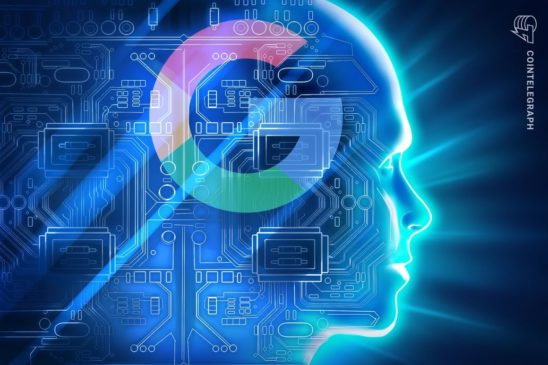Google introduced a series of enhancements to its search engine on Aug. 15, incorporating advanced generative artificial intelligence (AI) features it says will enhance online information discovery and comprehension.
The recent update extends the foundation of the company’s Search Generative Experience (SGE), which was introduced in beta earlier in 2023. SGE empowers users with AI-driven contextual overviews and suggestions intended to enhance search results.
Generative AI concentrates on crafting novel content by drawing from existing sources. Prominent tools like ChatGPT can generate text-based outputs like poems and summaries from past knowledge.
The introduced SGE feature is currently undergoing initial testing. Once activated, users can tap a button while perusing a webpage to access an AI-generated summary of the page’s core topics. Each point is hyperlinked to the relevant section, facilitating quick navigation within lengthy or intricate articles.
The AI engine developed by Google examines webpage content to pinpoint central themes. According to Rany Ng, Google’s product lead, this process aids individuals in “enhancing comprehension and understanding of information,” whether attempting to comprehend intricate concepts or locate specific details.
Microsoft’s Bing Chat has already introduced comparable summarization functions, preceding Google’s deployment of generative AI in February. Yet, Google claims its advantage lies in its expertise in comprehending web content and semantics.
Related: Anthropic AI raises $100M from South Korea to bolster telecommunications industry
Additional enhancements in the SGE target the comprehension of technical subjects. AI-generated coding summaries will showcase highlighted syntax, simplifying understanding. Similarly, hovering over unfamiliar terms in AI-generated responses will reveal definitions and relevant diagrams.
Google claims that generative AI improves search functions and enables individuals to discover novel perspectives and insights more effortlessly. Nonetheless, some experts caution that excessive dependence on AI could potentially erode individual analytical abilities.
Google updated its privacy policy on July 1, allowing it to take publicly available data and use it for AI training.
Collect this article as an NFT to preserve this moment in history and show your support for independent journalism in the crypto space.
Magazine: AI Eye: Apple developing pocket AI, deep fake music deal, hypnotizing GPT-4



